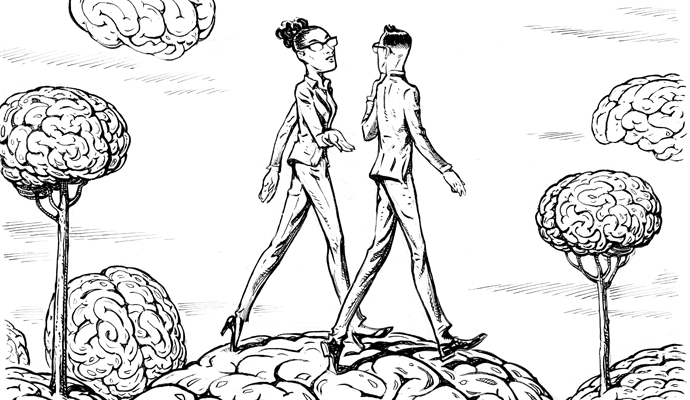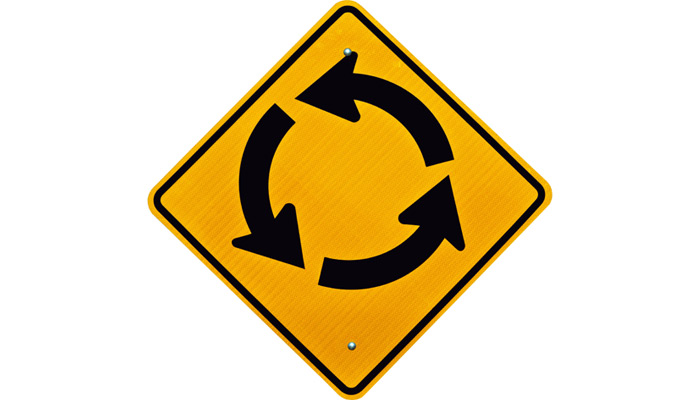An Embarrassment of Feedback
An embarrassed consumer doesn’t automatically translate to a bad review for a company.
(originally published by Booz & Company)We’ve all mispronounced the name of a dish on a menu or misunderstood a person with an accent on the phone, and we’ve all been embarrassed by our gaffes. As the service industry becomes increasingly globalized, so does the potential for consumers’ embarrassment or failure to understand local or cultural nuances. But do the blushes of embarrassed customers come back to haunt companies?
According to a new study from a pair of researchers at Pennsylvania State University, that depends on two things: the source of the shame (whether it was the customer or a service provider who recognized the faux pas), and whether the consumer was surrounded by friends or relative strangers.
Although embarrassment crops up frequently in service contexts, from tourists at hotels to people calling tech help lines, researchers have yet to understand how the emotion affects consumers. To help fill the gap, the authors of this paper put more than 200 participants through a hypothetical scenario in which a diner, as part of a group ranging from two to seven, mistakenly drinks from a finger bowl meant for hand washing. The level of familiarly among the customers was varied, ranging from mere acquaintances to old friends.
The analysis showed that when customers recognized their own miscue, especially in a large group of people they knew well, they felt much more embarrassed. As the authors write, the results are “consistent with the notion that embarrassment is driven by concern for what others think about us.”
However, contrary to conventional wisdom, the study found that consumers are less likely to bad-mouth the company when employees point out their misstep as opposed to realizing their own mistake. When it was the waiter or restaurant host who pointed out consumers’ inappropriate behavior, the customers in question reported feeling significantly less ashamed, regardless of their group size and makeup, and said they would be much less likely to speak poorly about their experience. “Deciding not to say negative things about a company after an embarrassing incident can be viewed as an act of kindness,” the authors write, and an emotion that can be prodded if managers encourage their employees to step in and guide consumers through an experience.
Taken together, the results underscore how consumers’ embarrassment is shaped by service providers’ actions and by the group they’re with. The authors advise managers to keep their employees on script, whether pointing out menu options, issuing instructions, or welcoming guests. With the help of specialized training, frontline workers can also be coached to “read” groups of customers—for example, family members attending a birthday party will react differently to embarrassing episodes than people who have recently met—and act accordingly.




